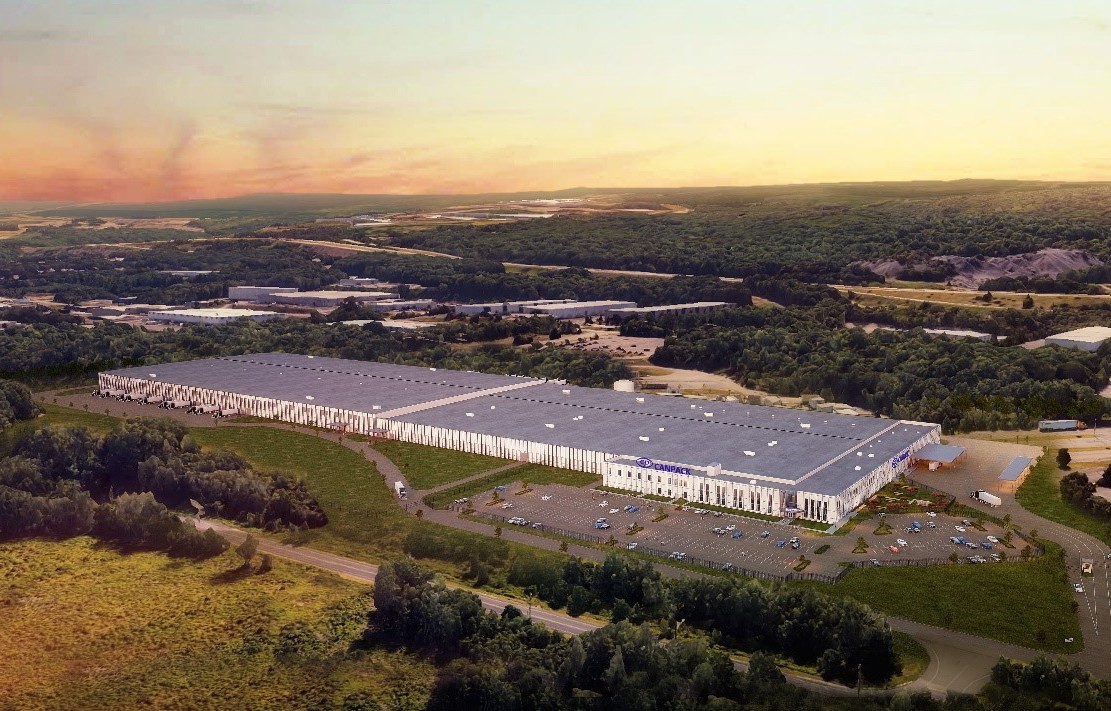Concerns about plastic waste have been growing in recent years, as users become aware of how plastic waste negatively affects wildlife, humans, and the ecosystem. The search for a more sustainable alternative has led to a boost in the sales of aluminum beverage cans, because they are known to have a higher recycling rate and to contain larger amounts of recycled content.
Along with this growing interest in sustainability, the coronavirus pandemic has also resulted in increased demand for aluminum cans and food packaging. Combined with shelter-in-place orders that slowed manufacturing for several months, this increased demand has challenged the existing supply chain — presenting a current can shortage.
“The aluminum beverage can manufacturing industry has seen unprecedented demand for our environmentally friendly container prior to and during the COVID-19 pandemic,” noted the Can Manufacturers Institute (CMI) in a statement in Recycling Today. “Most new beverages are coming to market in cans, and long-standing customers are moving away from plastic bottles and other packaging substrates to aluminum cans due to environmental concerns. These brands are enjoying the many benefits of the aluminum can, which has the highest recycling rate among all beverage packaging”
Amid these trends and challenges, Ball Corporation and Canpack have announced plans to launch new aluminum can manufacturing operations in the U.S.
Ball Corporation
Ball Corporation plans to build two new aluminum beverage can manufacturing plants, located in Pittston, Pennsylvania, and Glendale, Arizona.
The $300 million multi-year investment in Pittston will be a multi-line beverage packaging plant, which will serve the market with a portfolio of can sizes. Pittston is the location for the new facility because of its existing infrastructure, proximity to main distribution routes, regional labor base, and the cooperation of state and local officials during the site selection process. The new facility will create approximately 230 manufacturing jobs.
“Our new Pittston plant is Ball’s latest investment to serve accelerating demand for our portfolio of infinitely recyclable aluminum containers used in the sparkling water, spiked seltzer, beer, and carbonated beverage categories,” said Daniel W. Fisher, COO, global beverage packaging. “Pittston will join our industry-leading network of more than 20 North American plants, including a new plant currently under construction in Glendale, Arizona. These investments, supported by numerous long-term customer contracts, will enable us to serve customer and consumer needs for more sustainable beverage packaging while furthering our ‘Drive for 10’ vision for long-term success.”
The new beverage can manufacturing facility in Glendale will support a nearby can filling facility being constructed by a major customer, as well as providing cans for other businesses. The facility will initially have two lines and is designed with the capability to further scale up production, as required by the market growth.
“Positive momentum in our aluminum beverage packaging and aerospace businesses continues. During the quarter, our global beverage volumes increased 4% and our aerospace contracted backlog increased 9 %. With global customer and consumer demand for aluminum packaging solutions continuing to outpace existing supply, we are focused on improving operational efficiencies and ramping up previously announced line additions, speed-ups and greenfield plant expansions to add at least 5 billion units of capacity over the next 12-18 months. In addition, the successful launch of our new lightweight aluminum cup has accelerated our plans to construct a dedicated aluminum cup manufacturing facility in Rome, Georgia,” said John A. Hayes, chairman, president and chief executive officer.
In general Ball has experienced continued growth in the beverage packaging sector, reporting strong results in 2019, with a 14% increase in operator earnings and a 5% increase in its global beverage can volumes. The company is also currently constructing a new facility dedicated to the manufacturing of aluminum cups in Rome, Georgia.
Both the Pittston and the Glendale Plants are scheduled to begin production in 2021.
Canpack
The Canpack Group, a subsidiary of Giorgi Global Holdings, Inc., acquired an industrial property in Olyphant, Pennsylvania, where it plans to construct a state-of-the-art aluminum beverage can body and ends manufacturing plant, as well as a North American Center of Excellence for its R&D and lithographic capabilities. This will be the company’s first can manufacturing plant in the U.S., and it is anticipated to provide over 400 local jobs.
“Canpack is a great company with a phenomenal growth platform and we are absolutely thrilled to be entering the U.S. market, where we will be better able to serve our global customers’ beverage can needs,” noted Roberto Villaquiran, Canpack’s CEO. “Our customers are among the largest beverage producers in the world, and to truly be their partner, we need to be here, in the U.S.”

Consumer interest in sustainability, as well as a sense of corporate responsibility, are some of the contributing factors for Canpack’s choice to construct its new U.S. operation. “Sustainability and being a responsible corporate citizen that gives back to the local community are fundamental to Canpack,” remarked Villaquiran. “Investing in the conversion of a brownfield site to a state-of-the-art aluminum can manufacturing facility and operations center, which creates local jobs and benefits the community, while creating essential packaging products that can be recycled again and again is consistent with Canpack’s focus on sustainability, being a responsible corporate citizen, and passionately serving the needs of our customers.”
This facility is expected to begin operation in the fourth quarter of 2021.
